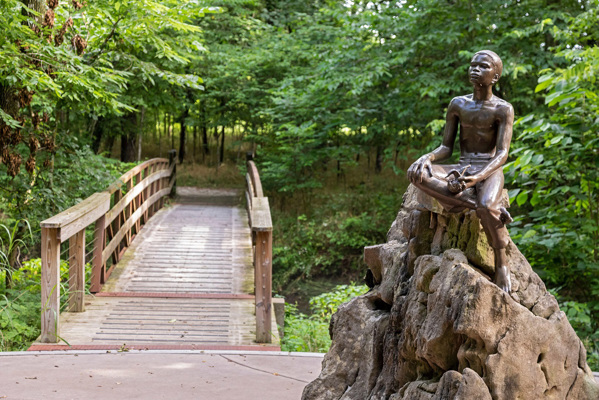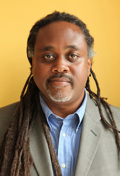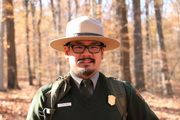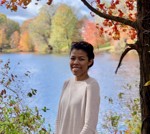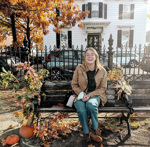1. Reenchanting Religion: Process Theology in the 21st Century (Feb 15th)
- A. Divinity Reimagined: What is novel in the explication and/or reception of a process doctrine (or model) of God over and against its alternatives? Where are challenges and opportunities arising in current debates and conversations?
- B. Religious Experience and Religious Belonging: What forms of religious experience, intuition and belonging are substantiated and/or produced from within process theology as creatively expressed across ecclesial settings? What does process theology/spirituality look like when lived out communally?
- C. Panpsychism and Religious Naturalism: In what ways are process conceptions of panpsychism (or panexperientialism) relevant to the re-formulation of central Christian doctrines e.g., creation, Christology and divine action? What is the relationship between panpsychism and affirmations of religious naturalism?
- D. Beyond Dialogue and Deep Religious Pluralism: Where are new connections being made between process theology and different religious systems and thinkers? In what ways is process theology informing new discussions of religious pluralism and multiplicity?
2. Science and Philosophy: Nature and the Nature of Reality (Feb 16th)
- A. Facts, Values and Possibilities: How does process thought understand the relationship between facts, values and possibilities as variously expressed from physics to metaphysics? In what ways does process philosophy offer an interpretive metaphysics for the findings of physics?
- B. New Materialism, Poststructuralism, and Process Philosophy: Where do points of connection lie between process philosophy, new materialism and poststructuralism? What new voices/insights are being integrated and what interdisciplinary insights are emerging?
- C. Brains, Souls and Self: What new contributions is process thought making to related concerns and questions in neurology, psychology and psychiatry? Where have advances been made with respect to the brain, the mind-body problem, personal identity and the self, and personality growth and transformation?
- D. Art, Beauty and Creativity: In what ways does process philosophy inform aesthetic experience, theory, and expression? Where are new developments and connections being made across artistic disciplines?
3. Process in Practice: Society, Sustainability and Ecological Civilization (Feb 17th)
- A. Economies and Communities for the Common Good: In what ways is process thought informing and/or critiquing economic theories, policies and measures? What practical revisions are being proposed and where? To what end are these revisions sought and for which communities?
- B. Power, Peace and Politics: What resources does process thought sustain in attempts to remedy deepening bifurcations across politics, society, and culture? What extremes does process thought seek to avoid in political theory, governance, and power? How is peace possible given the dysfunctional entanglement of power and politics?
- C. Process Philosophy and Education: How is process philosophy informing and/or transforming educational theory and practice? Where do theoretical and practical weaknesses lie from grade-school to university settings and beyond? How is process philosophy responding to the crises in education?
- D. Environmental Ethics and Ecological Civilization: What theoretical and practical ethical measures does process thought support and/or justify in light of the ecological crisis and the quest for an ecological civilization? What requires transformation in our relation to the environment and its human and non-human “others”?
It remains a truly exciting time for the global process movement with a new generation of scholars leading the way. This conference aims not only to celebrate the 50-year legacy of CPS, but also anticipate its continued relevance and creative transformation in the decades still ahead.
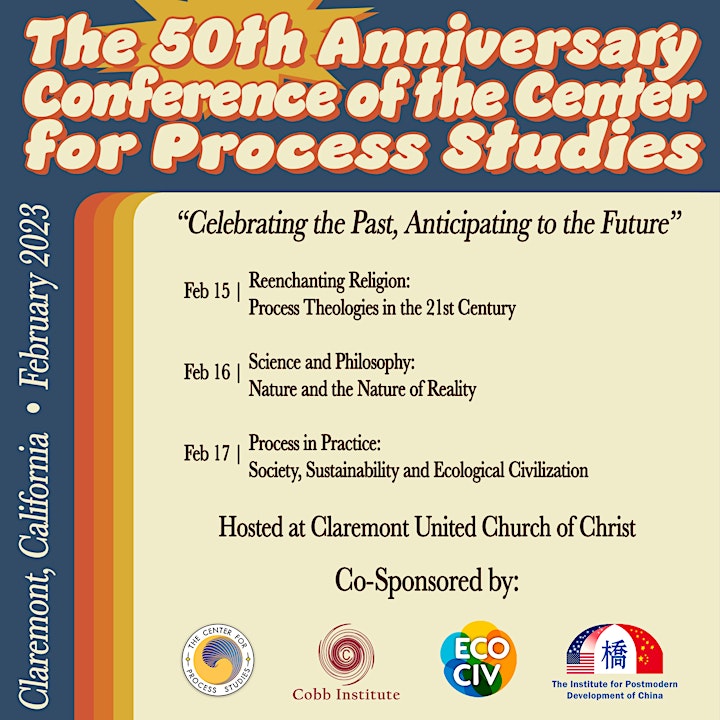
 |
| Alfred North Whitehead |


